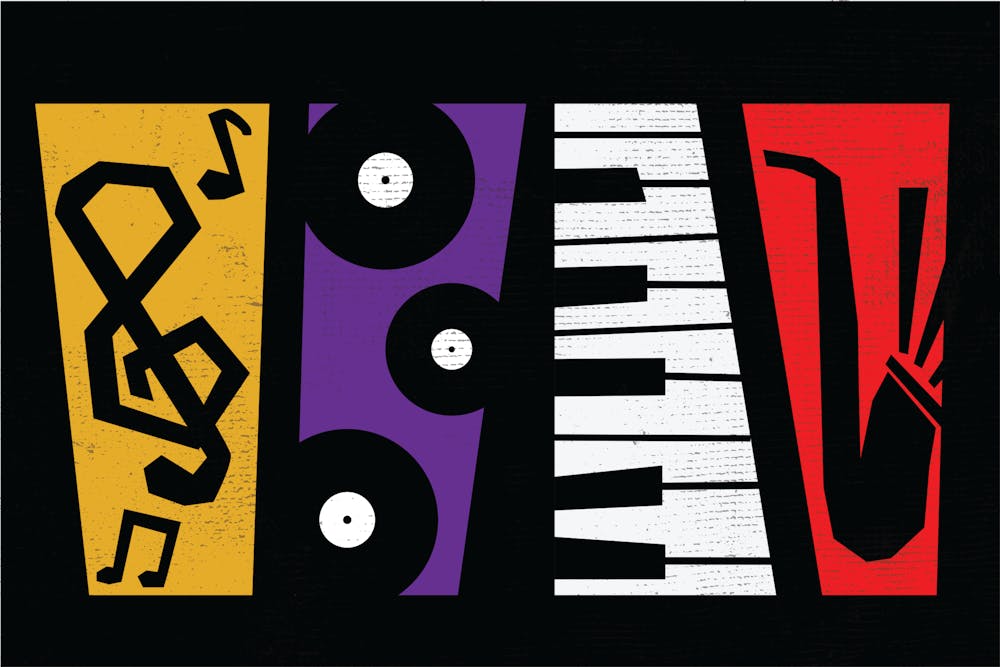CORRECTION: A previous version of this article incorrectly stated the year Ira Wiggins began his role as the Jazz Ensemble and Jazz Studies Director. The error has since been resolved. The Daily Tar Heel apologizes for this error.
In 1979, N.C. Central University was the first university in the state to offer a bachelor of music degree in jazz studies.
NCCU was at the forefront of providing jazz education to students in the Triangle and is located in the center of a flourishing jazz scene in Durham.
The genre, which was invented and innovated by Black communities in the early 20th century, found a home in Durham, which has a strong history of Black achievement, success and involvement, Brevan Hampden, a jazz percussionist based in Greensboro, said.
The jazz scene in the Triangle became as colorful, vibrant and connected as it is today because of the efforts of members of the jazz community in the late 1970s, such as piano player Brother Yusuf Salim.
Instructors and their students across universities in the Triangle performed together at clubs and bars — a tradition that continues today. Hampden said everyone played different styles of jazz together, which created understanding and camaraderie among musicians.
He said that the jazz programs and bands at universities in the Triangle pass down the traditions of jazz music to younger generations, allowing the music to evolve.
Ira Wiggins, a saxophonist, flutist and educator, was the jazz ensemble and jazz studies director at NCCU from 1986 to 2021. During his 34 years at NCCU, he said it was a challenge to get students to buy into jazz music, as many had never been exposed to it before. He said he taught students the necessity of learning the language of jazz before innovating and pushing the music in new directions.
“In terms of language, you have to listen to that over and over and over,” Wiggins said. “I would always tell my students that when you learn to speak as a kid, your parents didn't give you books — you just listened to how they talked, their friends, the community and you learn language.”




